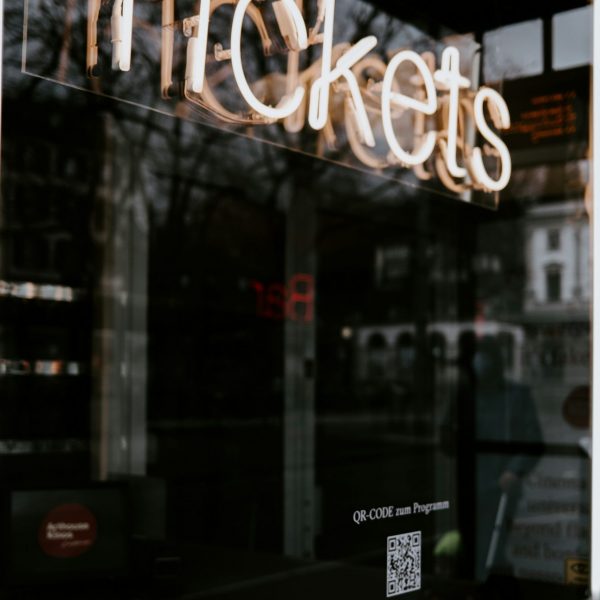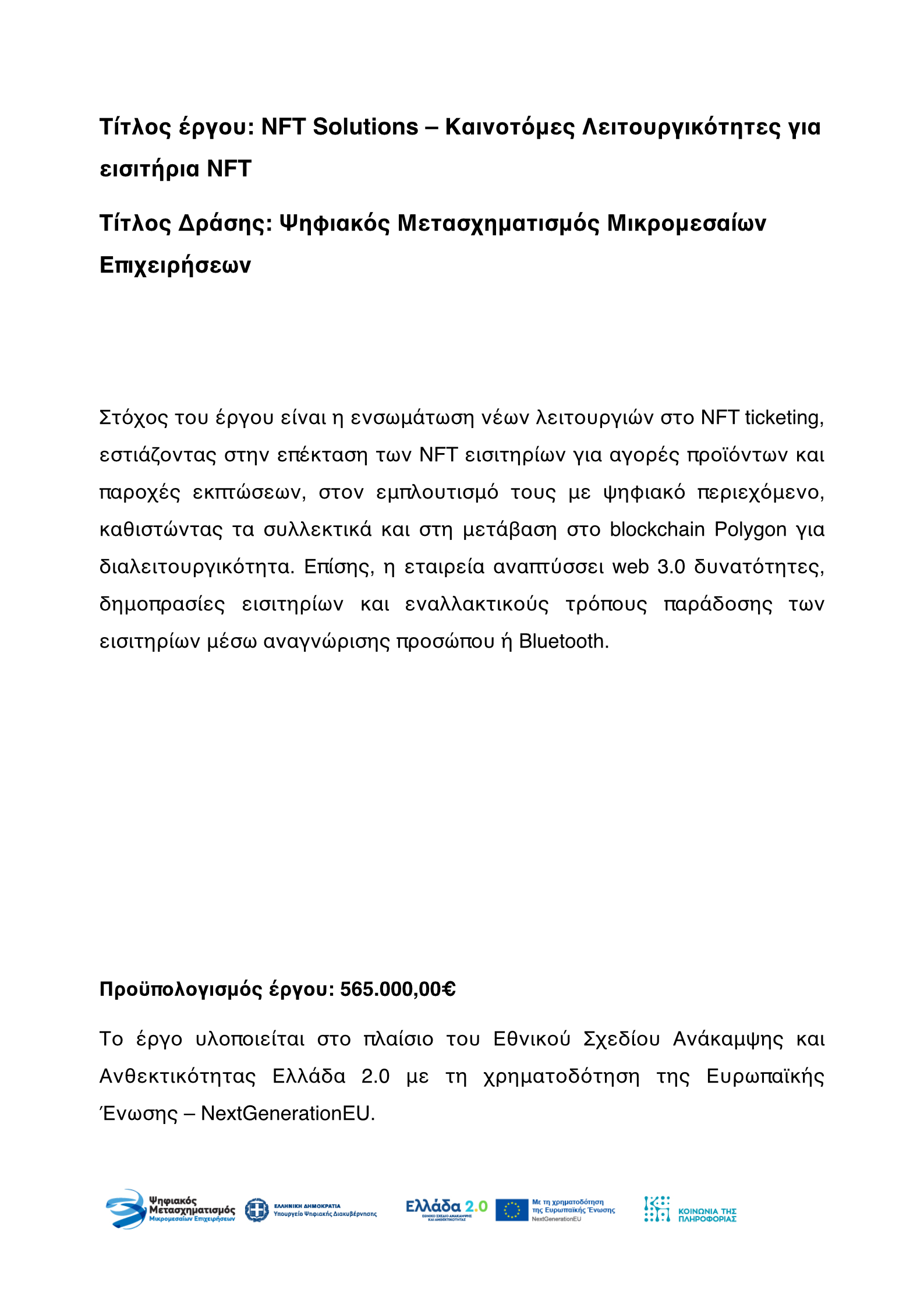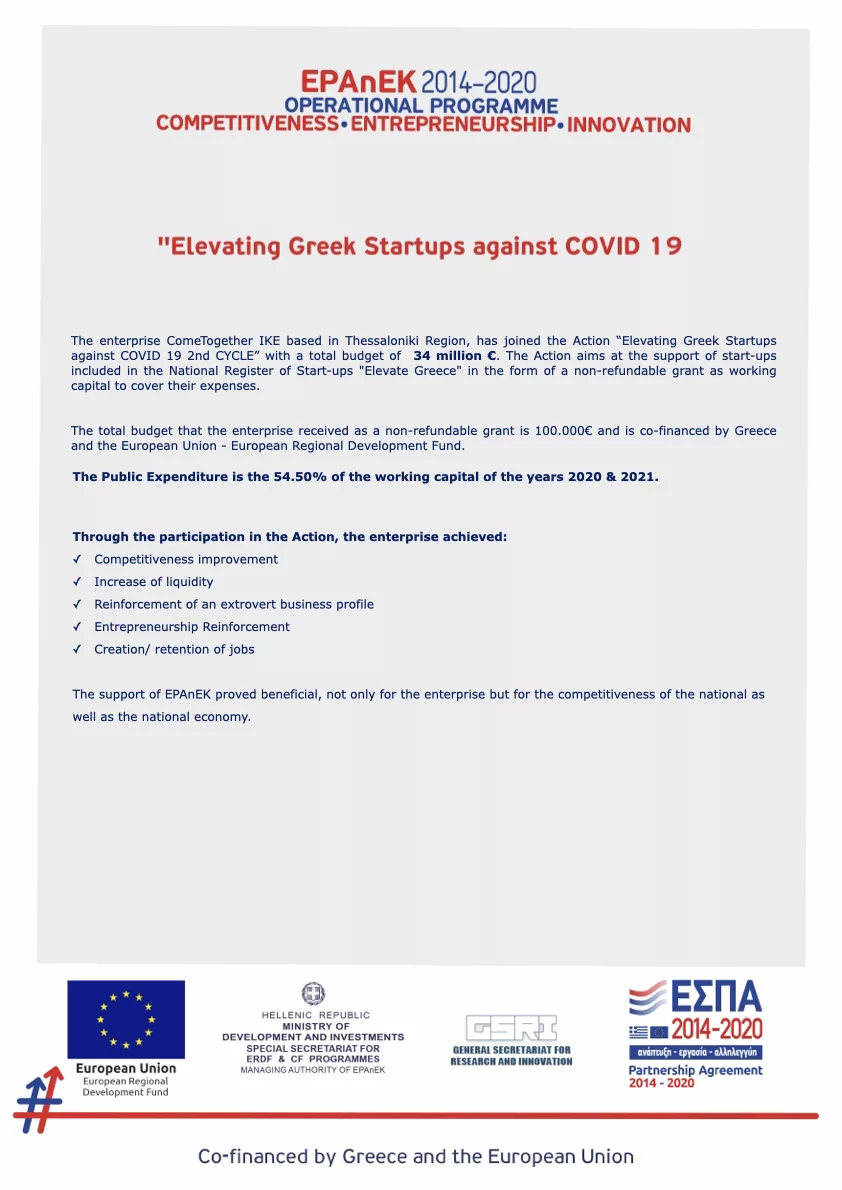Event organizers face unprecedented pressure to optimize revenue streams as the ticketing secondary markets reach $10+ billion annually, growing at 9.7% CAGR through 2032. With resale prices averaging 41-180% above face value, the question isn’t whether organizers should participate in secondary market revenues, but how to implement commission structures that balance stakeholder interests while navigating complex regulatory and competitive landscapes.
The convergence of regulatory changes, technological innovation, and evolving consumer expectations creates both opportunities and risks for organizers considering commission implementation.




















